I am sitting on a Flask based webapplication. In theory I want to load a JSON file from disk and give it to javascript on the website.
def getData():
check_for_update()
with open(LOCAL_file,"rb") as myfile:
data = json.load(myfile)
udate = data["today"]
return (udate, data)
then I send it to the page with
return render_template('./index2.html', udate = thisdata[0], data = json.dumps(thisdata[1]))
Now on the page I simply try
<script>
var myjson = JSON.parse({{data}})
</script>
which then results in something like this

This can't not be parsed.When I copy and paste it it works fine, and python does not complain either.